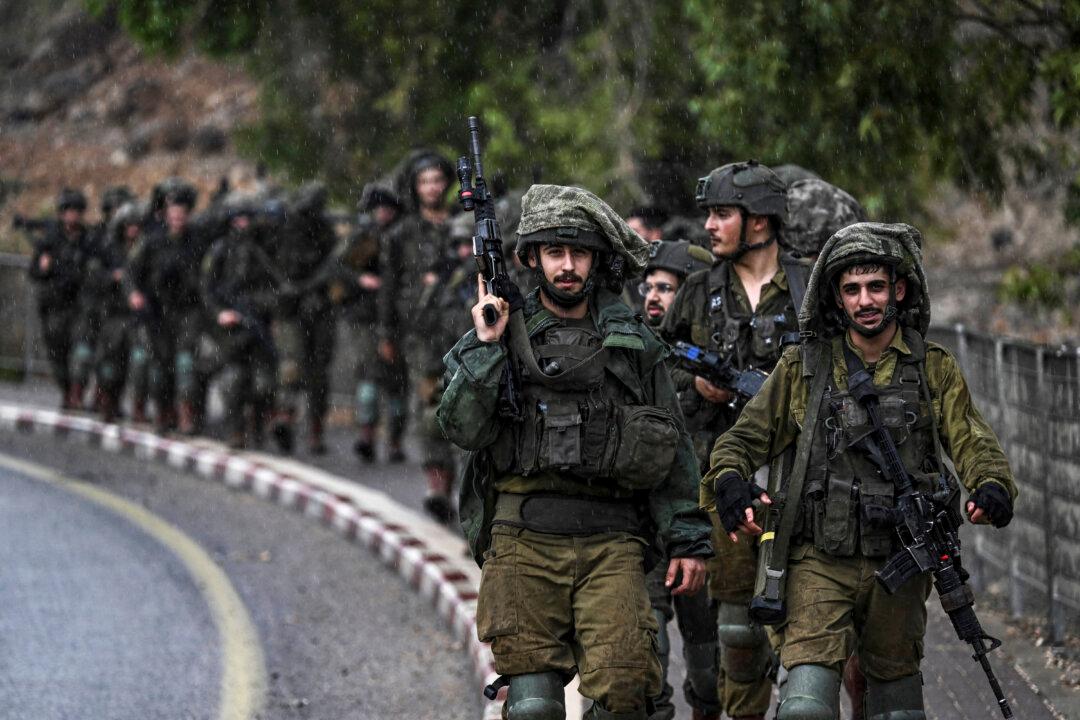News Analysis
A troublesome question splitting Israeli Prime Minister Benjamin Netanyahu’s Cabinet is what to do about the draft exemption for ultra-Orthodox men.

A troublesome question splitting Israeli Prime Minister Benjamin Netanyahu’s Cabinet is what to do about the draft exemption for ultra-Orthodox men.